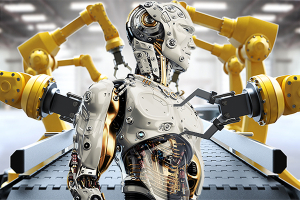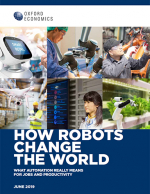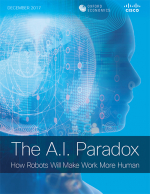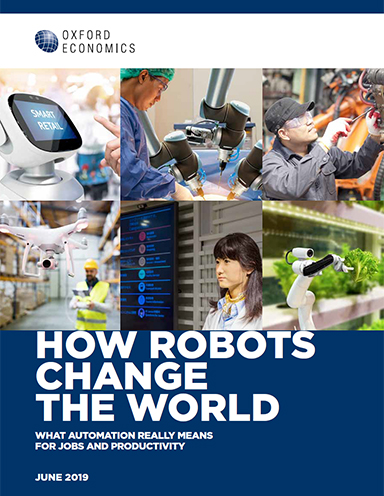How Robots Change the World
Oxford Economics brought together a team of their economists, econometricians, modelers and technology experts from across their worldwide network of over 250 analysts to conduct an extensive research study to analyze the robotics phenomenon, and what automation really means for jobs and productivity.
The robotics revolution is rapidly accelerating, as fastpaced technological advances in automation, engineering, energy storage, artificial intelligence, and machine learning converge.
The result will transform the capabilities of robots and their ability to take over tasks once carried out by humans.
The number of robots in use worldwide multiplied three-fold over the past two decades, to 2.25 million.
Trends suggest the global stock of robots will multiply even faster in the next 20 years, reaching as many as 20 million by 2030, with 14 million in China alone.
The implications are immense, and the emerging challenges for governments and policymakers are equally daunting in their scale.
The rise of the robots will boost productivity and economic growth. It will lead, too, to the creation of new jobs in yet-to-exist industries, in a process of ‘creative destruction.’ But existing business models across many sectors will be seriously disrupted.
And tens of millions of existing jobs will be lost, with human workers displaced by robots at an increasing rate as robots become steadily more sophisticated.
For both people and businesses, the effects of these job losses will vary greatly across countries and regions, with a disproportionate toll on lower-skilled workers and on poorer local economies.
In many places, the impact will aggravate social and economic stresses from unemployment and income inequality in times when increasing political polarisation is already a worrying trend.
The issues raised in this report will affect many different sections of business and society. The repercussions of robotization are interconnected and complex, but the growth in robotics is inevitable - these challenges must be embraced and addressed.
What’s Related



Favorites





